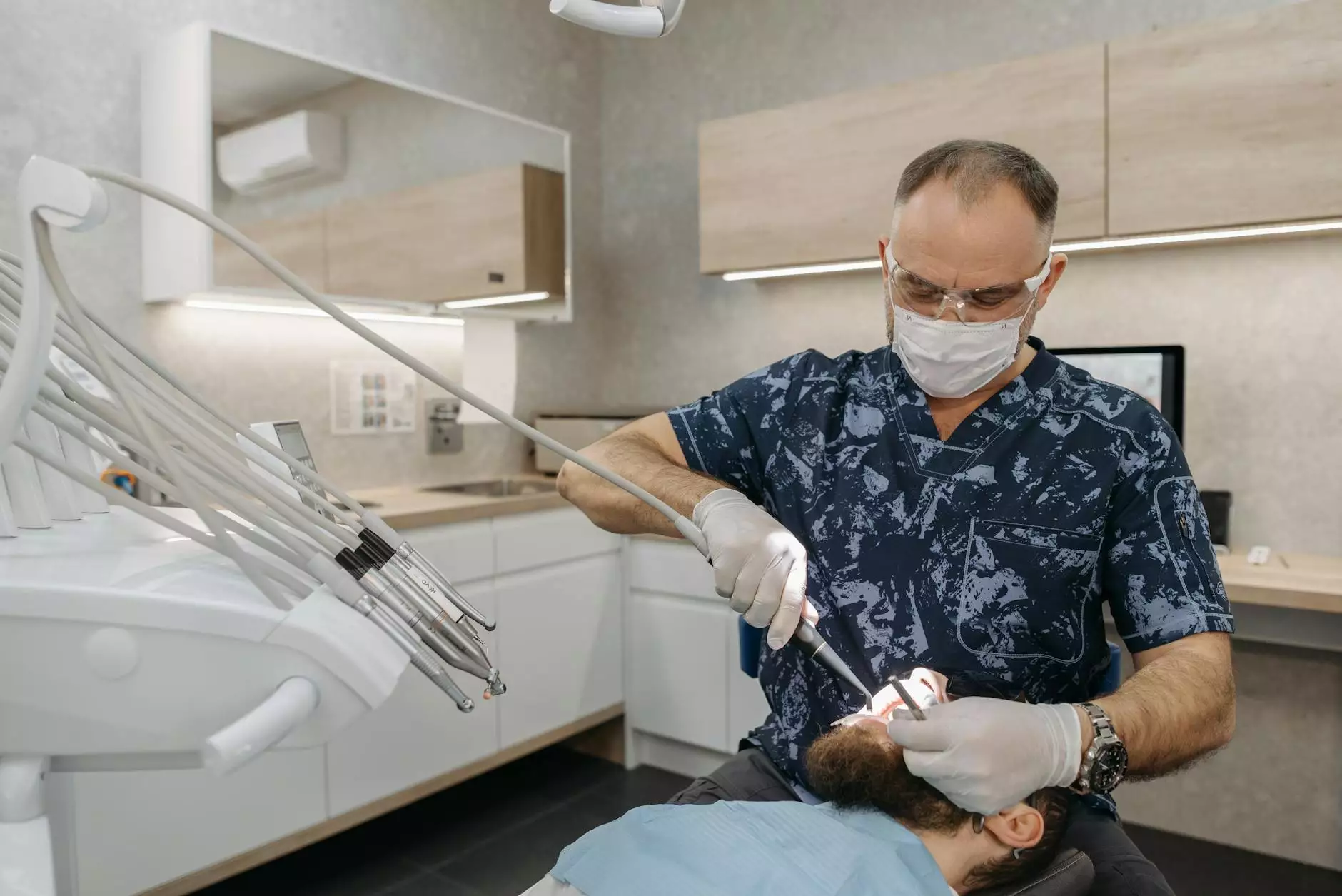Understanding Pancreatic Cancer Clinics: A Comprehensive Overview

Pancreatic cancer is one of the most challenging types of cancer, presenting unique difficulties both in diagnosis and treatment. With its increasing prevalence, the establishment of specialized pancreatic cancer clinics has emerged as a beacon of hope for many patients. In this extensive guide, we delve into what these clinics offer, the types of treatments available, and why choosing the right facility can significantly impact a patient's journey.
The Importance of Specialized Care in Pancreatic Cancer
Pancreatic cancer clinics are dedicated healthcare facilities that focus on the prevention, diagnosis, and treatment of pancreatic cancer. The importance of such specialized care cannot be understated:
- Expertise: Staffed by oncologists, surgeons, radiologists, and pathologists with specialized training in pancreatic cancer.
- Personalized Treatment Plans: Each patient requires a tailored approach based on their specific condition, stage of cancer, and overall health.
- Access to Clinical Trials: Patients often have the opportunity to participate in cutting-edge research studies, gaining access to new therapies before they become widely available.
What to Expect at a Pancreatic Cancer Clinic
When visiting a pancreatic cancer clinic, patients can anticipate a comprehensive evaluation. Here's what typically happens:
Initial Consultation
The journey begins with an initial consultation where a team of experts will review the patient's medical history, conduct a physical examination, and discuss symptoms and concerns. This initial discussion is crucial for formulating a personalized treatment strategy.
Diagnostic Testing
Following the consultation, additional diagnostic tests may be necessary, including:
- Imaging Tests: CT scans, MRIs, and ultrasounds to visualize the pancreas and surrounding organs.
- Biopsy: A sample of pancreatic tissue may be taken to confirm the diagnosis and understand the cancer type.
- Blood Tests: Looking for tumor markers such as CA 19-9, which can help assess disease progression.
Treatment Options Available
Once a diagnosis is confirmed, the clinic's team may recommend one or more of the following treatment options:
Surgery
Surgery is often the most effective way to treat pancreatic cancer if it is detected early. Surgical options may include:
- Whipple Procedure: Removing the head of the pancreas, part of the bile duct, and part of the small intestine.
- Distal Pancreatectomy: Removing the tail and body of the pancreas.
- Total Pancreatectomy: Complete removal of the pancreas, typically reserved for select cases.
Radiation Therapy
Radiation therapy uses high-energy rays to target and kill cancer cells. It may be utilized post-surgery to eliminate any remaining cancerous cells or as a palliative measure to relieve symptoms.
Chemotherapy
This systemic treatment involves using anti-cancer drugs to target cancer cells throughout the body. Chemotherapy is often used both before surgery (neoadjuvant therapy) and after surgery (adjuvant therapy).
Targeted Therapy and Immunotherapy
Emerging treatment modalities such as targeted therapy focus on specific genetic changes in the tumor, while immunotherapy aims to enhance the body's immune response against cancer cells.
The Role of Supportive Care in Treatment
A comprehensive approach at a pancreatic cancer clinic encompasses not only direct cancer treatment but also supportive care services. These may include:
- Nutritional Support: Guidance from registered dietitians specializing in cancer care to ensure patients maintain strength and manage side effects.
- Psychological Support: Access to counseling and support groups to aid mental health during treatment.
- Palliative Care: Focus on providing relief from symptoms and stress, irrespective of the stage of the disease.
Why Choose a Specialized Pancreatic Cancer Clinic?
Choosing a specialized clinic for pancreatic cancer treatment can make a significant difference. Here are key reasons:
Comprehensive Multidisciplinary Approach
At a pancreatic cancer clinic, patients benefit from a multidisciplinary team committed to providing cohesive care. This integrated approach ensures all aspects of a patient's health and treatment are addressed in unison, resulting in better outcomes.
Latest Technology and Treatment Protocols
Leading clinics invest in the latest technologies and treatment protocols. They stay abreast of the latest research and innovative treatments, which can translate to better survival rates and improved quality of life.
Enhanced Patient Education and Engagement
Understanding one's diagnosis and treatment options empowers patients. Clinics typically offer extensive resources to educate patients and their families, ensuring they are active participants in their care.
Finding the Right Pancreatic Cancer Clinic
When seeking a pancreatic cancer clinic, consider the following factors:
- Accreditation: Ensure the clinic is accredited by relevant medical organizations.
- Reputation: Research outcomes, reviews, and testimonials from former patients.
- Access to Specialists: Look for clinics with a robust team of specialists with experience in pancreatic cancer.
- Support Services: Assess the availability of supportive care services to assist during treatment.
Conclusion
In summary, pancreatic cancer clinics are essential healthcare facilities that provide tailored and comprehensive care for patients facing the challenges of pancreatic cancer. The expertise, technology, and patient-focused approach found in these clinics can provide hope and improve the quality of life for patients during their journey. The choice of an appropriate clinic is crucial and deserves careful consideration.
If you or a loved one is seeking treatment options, consider visiting oncologicalsurgery.net to learn more about available resources and treatment options for pancreatic cancer.









